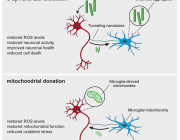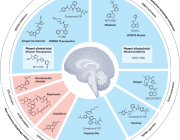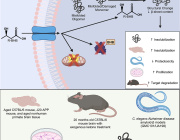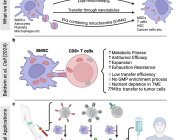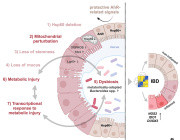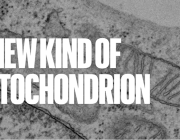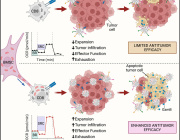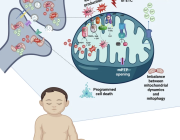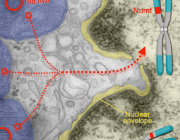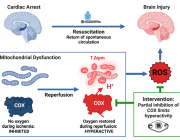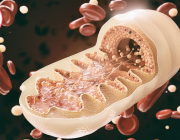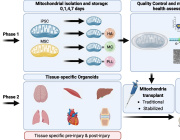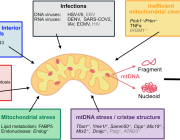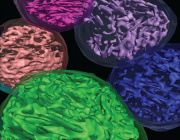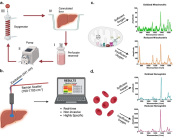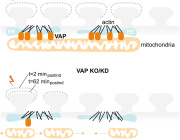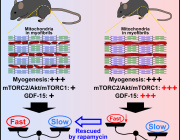Mitochondrial RNA degradation is essential for life
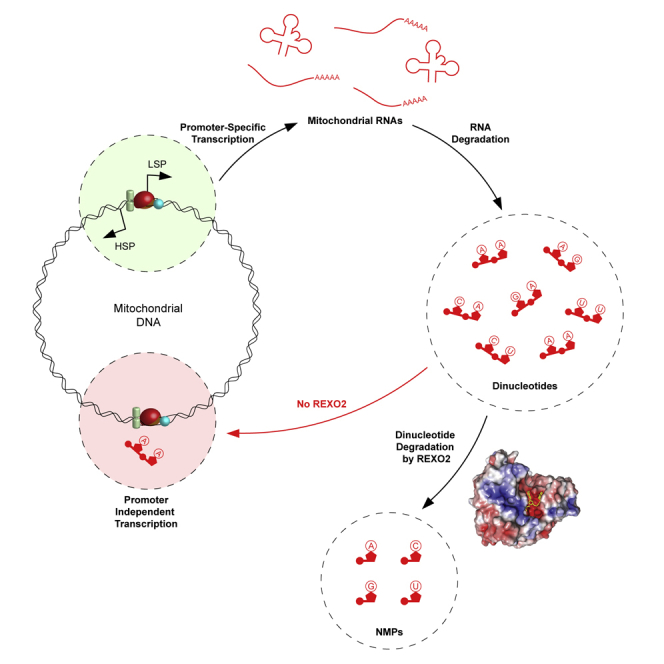
Credit : pubmed
Researchers at Karolinska Institutet have discovered the essential role of the ribonuclease REXO2 in mitochondrial RNA degradation. The enzyme is essential for life, as a deficiency of it in mice has shown to be embryonic lethal. The study is published in the journal Molecular Cell.
We have asked two of the lead authors, Henrik Spåhr and Shan Jiang from the Nils-Göran Larsson group at the Department of Medical Biochemistry and Biophysics, about the most important results from their study.
“The mitochondria are the power plants of our cells and are essential for converting the energy in the food we eat to a useful cellular energy currency. Importantly, mitochondria contain their own genetic material, mitochondrial DNA (mtDNA). MtDNA is totally distinct from the majority of our genetic material that is located in the nucleus. Expression of mtDNA is essential for the energy conversion of the cell, and the first step is to copy (transcribe) mtDNA to mitochondrial RNA, which, in turn, is the template for making 13 proteins that all are critically important for the cellular energy conversion. Quite a bit is known about how mitochondrial RNA is formed, but critical steps in the degradation have remained unknown. In the present study, we have identified an enzyme that is required for the last step of RNA degradation in human mitochondria, called REXO2”, Henrik Spåhr explains.
“This enzyme selectively degrades nanoRNAs (dinucleotides) and it is essential for life, as REXO2 deficiency results in embryonic lethality in mice.”
News source : www.news.ki.se
Authors : Nicholls TJ, Spåhr H, Jiang S, et al. Dinucleotide Degradation by REXO2 Maintains Promoter Specificity in Mammalian Mitochondria. Mol Cell. 2019;76(5):784-796.e6. doi:10.1016/j.molcel.2019.09.010







































